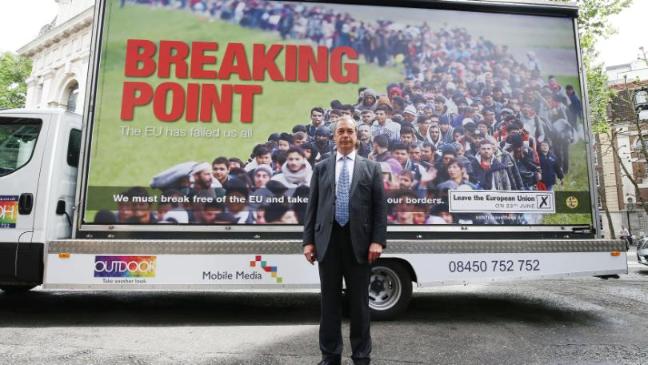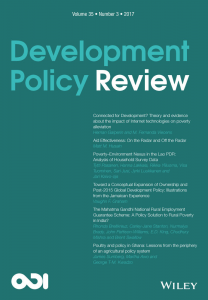Free Content Collection: Celebrate World Day for Cultural Diversity
Join us in celebrating World Day for Cultural Diversity for Dialogue and Development (#WorldDiversityDay), observed annually on May 21st. A special collection of the latest research from a variety of disciplines to share knowledge on this important subject is free to access until June 30th 2018 Former Director-General of UNESCO, Irina Bokova commented on the importance of this world focus day: “Even as we celebrate cultural diversity today, we must remember that cultural diversity is increasingly under threat. Across the world, violent extremists have targeted cultural...















